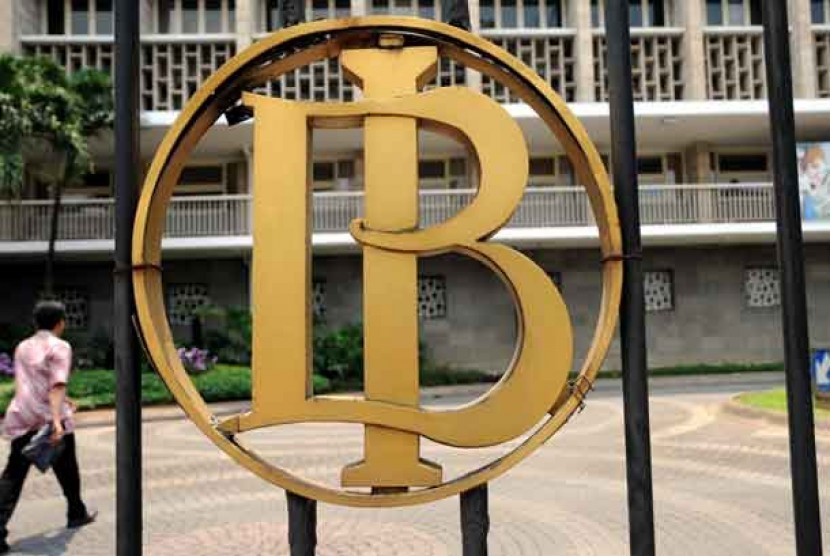REPUBLIKA.CO.ID, JAKARTA -- Bank Indonesia issued a number of policies to maintain exchange rate stability through monetary operations optimization in money market and foreign exchange.
Executive Director of Department of Economic and Monetary Policy, Bank of Indonesia, Juda Agung, said monetary operations are conducted through three strategies. Namely, strengthening the management of rupiah liquidity in foreign exchange market, strengthening the management of foreign exchange supply and demand, and strengthening the adequacy of foreign exchange reserves.
Juda explained, these three strategies are carried out through seven steps. The first, intervene the foreign exchange market to control the volatility of the exchange rate. The second, make a purchase of Government Securities (SBN) in the secondary market, but still pay attention for its impact on the availability of government securities for inflow and money market liquidity.
The third, strengthening the rupiah liquidity management through Open Market Operations (OPT) to divert liquidity to longer tenors. It was done in three ways, namely change the auction mechanism Reserve Repo (RR) SBN of a variable rate tender into fixed rate tender, adjust pricing of RR SBN and extend tenor by issuing three months RR SBN.
The second way, change the auction mechanism of Certificates of Deposit Bank of Indonesia (SDBI) of a variable rate tender into a fixed rate tender and adjust pricing of SDBI and publishes SDBI tenor of six months. The third way, republish Bank of Indonesia Certificates (SBI) tenor of 9 months and 12 months with a fixed rate tender auction mechanism and adjust pricing.
The fourth, adjust the auctions frequency of Foreign Exchange (FX) and swap it from twice a week to once a week. The fifth, change the auction mechanism of Term Deposit (TD) Currency of a variable rate tender into fixed rate tender, adjust pricing and lengthen tenors up to three months.
The sixth, lower the limit of foreign exchange by proving the underlying documents of the current amount of 100 thousand dollars to 25 thousand dollars per customer per month and require the use of NPWP. The seventh, coordinate with the government and others Central Bank to strengthen the foreign exchange reserves.
"The decline of 100 thousand dollars to 25 thousand dollars is to reduce purchases of dollars," said Juda, Thursday (20/8).
Senior Deputy Governor of Bank Indonesia, Adityaswara Mirza, said that related to the restrictions on dollar purchases without underlying, Bank Indonesia sees there is excess liquidity in the short term. In the current economic condition, it is feared that the excess liquidity was not used for the real economy but for speculative activities.
"Bank of Indonesia in a meeting with Board of Governors has change in monetary strategies. We did not change the interest rate but change the strategy of monetary operations in order to shift the excess liquidity in our financial system," said Mirza.
Dollar purchases that are restricted, are dollar without underlying. If an individual or corporation want to buy dollars to import or to pay external debt, dollar are not restricted.



